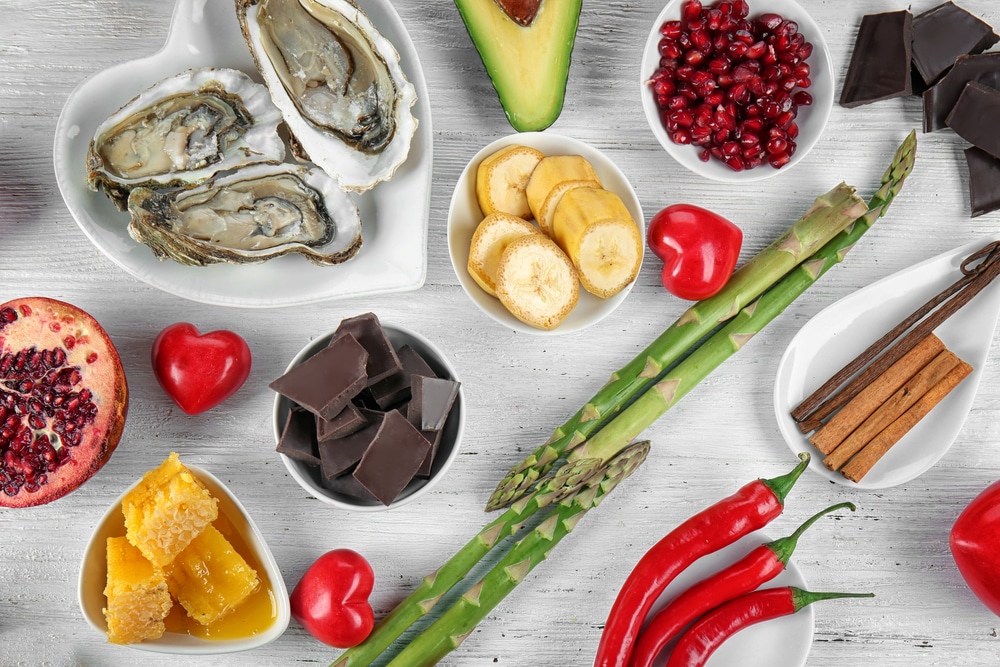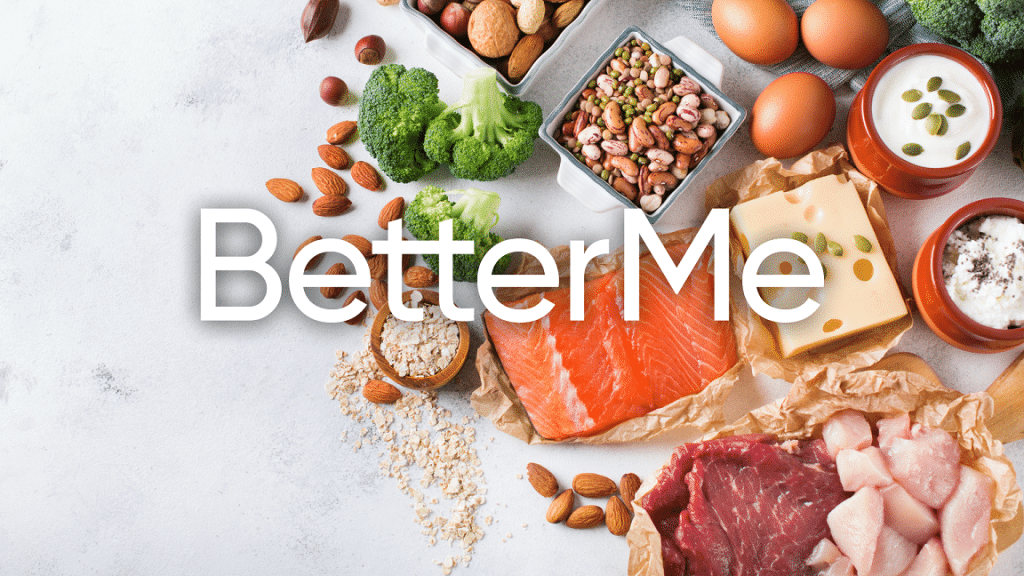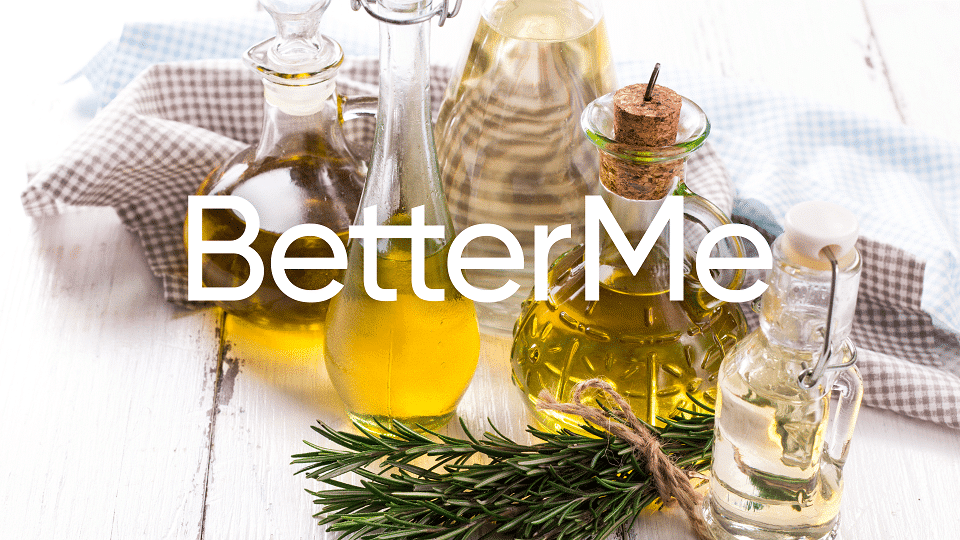Healthy testosterone levels are essential for both men and women. Testosterone is responsible for maintaining sex drive, memory and concentration, mood, skin tone, muscle mass, and bone density to name a few. It also affects energy levels in both men and women (19). Unfortunately, many of the foods that we commonly eat can lower our testosterone levels. Let’s review eight of those foods and what you should be eating instead.
Soy
Soy-based foods like tofu, tempeh, and edamame are a staple in many diets, especially those of vegetarians and vegans (22).
However, these foods are also known to contain high levels of phytoestrogens, which can lead to lower testosterone levels (14).
Phytoestrogens are plant-based compounds that can bind to estrogen receptors in the body and have a similar but weaker effect than natural estrogen. Studies have shown that these compounds lower sperm count and can also cause enlarged breasts (gynecomastia) in men (3).
Both animal and human studies have shown that soy can decrease testosterone levels, but further research is needed to determine its exact effects (4) (14).
In place of soy-based foods, vegans and vegetarians should opt for other plant-based protein sources such as beans, lentils, or nuts. For meat-eaters, increasing your intake of lean animal proteins like chicken and fish can help to boost testosterone levels naturally.
Licorice
Licorice is a popular flavoring agent used in desserts and candies, but it can also be found in some supplements and herbal teas.
Licorice contains a compound called glycyrrhizic acid, which has been shown to lower testosterone levels, particularly when consumed in high quantities (15).
To avoid negative effects on testosterone levels, you should try to limit your intake of licorice-containing foods and avoid taking licorice supplements.
Instead, you can use other herbs, such as cinnamon or ginger, to add flavor to your food without affecting your testosterone levels.
Read More: Testosterone Levels By Age In Men And Women
Red Meat
While eating red meat is perfectly healthy in moderation, consuming too much of it has been shown to increase estrogen levels and lower testosterone production (17).
The reason for this is that red meat contains high levels of saturated fat, which can raise cholesterol and other fatty acids in the blood (16).
To maintain healthy testosterone levels, you should try to limit your red meat intake to one or two servings per week.
In place of red meat, opt for leaner protein sources such as chicken, fish, or plant-based protein supplements.
Alcohol
While moderate alcohol consumption can have beneficial effects on heart health, drinking excessively has been shown to lower testosterone levels and increase estrogen production in both men and women (2) (10).
Excessive alcohol consumption also negatively affects your sleep quality, which is important for maintaining proper hormone balance (6).
To protect your testosterone levels, it is best to limit your alcohol intake to one or two drinks per day.
Sugar
Sugar has many negative effects on health, including lowering testosterone levels (1).
One of the mechanisms by which sugar does this is by increasing insulin levels in the blood. This can lead to a condition called insulin resistance, which has been linked to lower testosterone levels (20).
In addition, sugar consumption increases inflammation throughout the body, which can also lead to lower testosterone levels (20).
To keep your testosterone levels high, you should avoid sugary foods and drinks as much as possible. Instead, opt for foods that are high in protein and healthy fats, which can help to boost testosterone production.
BetterMe app is a foolproof way to go from zero to a weight loss hero in a safe and sustainable way! What are you waiting for? Start transforming your body now!
Flaxseed
Flaxseed is a type of grain-like seed that is popular in many health food stores and is commonly added to smoothies or used as an egg substitute.
However, many people are unaware of the fact that flaxseed can lower testosterone levels (7).
This happens because flax seeds contain compounds called phytoestrogens, which can have a similar effect on the body as natural estrogen (21).
To keep your testosterone levels high, it is best to avoid consuming flaxseed-containing foods or supplements whenever possible.
Instead, try other plant-based sources of protein and healthy fats such as chia seeds, nuts, or avocados.
Processed Vegetable Oils
Processed vegetable oils, such as canola or soybean oil, are commonly found in packaged foods and many restaurants. However, these oils have been shown to lower testosterone levels due to their high content of omega-6 fatty acids (8).
This is because omega-6 fatty acids are pro-inflammatory, and can cause damage to cellular structures throughout the body, including in the testes (8).
To prevent this damage and protect your testosterone levels, you should try to avoid consuming processed vegetable oils whenever possible. Instead, use healthy cooking fats, such as olive oil or coconut oil, for all of your cooking needs.
Mint
Mint is a popular flavor that is used in many foods and beverages, such as candy, gum, toothpaste, and mouthwash.
While mint does have some benefits for oral health, it can also lower testosterone levels (11) (13).
Mint contains a compound called menthol, which has been shown to decrease testosterone levels in rats (11).
While more research is needed to determine the effects of menthol on testosterone levels in humans, it’s best to avoid mint if you want to maintain healthy testosterone levels.
Read More: 5 Foods That Kill Testosterone And Cause Belly Fat
What Food Raises Your Testosterone The Most?
So, what should you eat instead? If you’re looking for a food that will boost your testosterone levels, try these:
Oysters
Oysters are a great source of zinc, which is a mineral that has been shown to increase testosterone levels (23).
They’re also a good source of protein and other nutrients that are important for maintaining healthy testosterone levels (5).
Eggs
Eggs are another great source of protein, which has been shown to increase testosterone levels in both men and women (5).
Plus, eggs are a good source of other nutrients like vitamin D, which can also play a role in regulating testosterone production (9).
Intense sweat sessions, working weight loss tips, lip-smacking recipes come in one package with the BetterMe app. And all of it is at your fingertips, start transforming your life now!
Pomegranates
Pomegranates are rich in antioxidants, which can help protect your cells from damage (12).
They’re also a good source of polyphenols, which have been shown to increase testosterone levels in rats (18).
More research is needed to determine the effects of pomegranates on testosterone levels in humans, but they make a great addition to any diet.
The Bottom Line
In summary, many foods can lower testosterone levels, including mint and soy products. However, there are also plenty of other foods that can help boost your testosterone levels, such as oysters, eggs, and pomegranates. For best results, try to incorporate a variety of these foods into your diet.
DISCLAIMER:
This article is intended for general informational purposes only and does not serve to address individual circumstances. It is not a substitute for professional advice or help and should not be relied on for making any kind of decision-making. Any action taken as a direct or indirect result of the information in this article is entirely at your own risk and is your sole responsibility.
BetterMe, its content staff, and its medical advisors accept no responsibility for inaccuracies, errors, misstatements, inconsistencies, or omissions and specifically disclaim any liability, loss or risk, personal, professional or otherwise, which may be incurred as a consequence, directly or indirectly, of the use and/or application of any content.
You should always seek the advice of your physician or other qualified health provider with any questions you may have regarding a medical condition or your specific situation. Never disregard professional medical advice or delay seeking it because of BetterMe content. If you suspect or think you may have a medical emergency, call your doctor.
SOURCES:
- Abrupt decrease in serum testosterone levels after an oral glucose load in men: implications for screening for hypogonadism (2012, onlinelibrary.wiley.com)
- Alcohol and the Male Reproductive System (2001, ncbi.nlm.nih.gov)
- An unusual case of gynecomastia associated with soy product consumption (2008, pubmed.ncbi.nlm.nih.gov)
- Dietary soy-phytoestrogens decrease testosterone levels and prostate weight without altering LH, prostate 5alpha-reductase or testicular steroidogenic acute regulatory peptide levels in adult male Sprague-Dawley rats (2001, pubmed.ncbi.nlm.nih.gov)
- Differences between men and women as regards the effects of protein-energy malnutrition on the hypothalamic-pituitary-gonadal axis (1999, pubmed.ncbi.nlm.nih.gov)
- Disturbed Sleep and Its Relationship to Alcohol Use (2009, ncbi.nlm.nih.gov)
- Effect of dietary components, including lignans and phytoestrogens, on enterohepatic circulation and liver metabolism of estrogens and on sex hormone binding globulin (SHBG) (1987, pubmed.ncbi.nlm.nih.gov)
- Effect of Omega-3 or Omega-6 Dietary Supplementation on Testicular Steroidogenesis, Adipokine Network, Cytokines, and Oxidative Stress in Adult Male Rats (2017, hindawi.com)
- Effect of vitamin D supplementation on testosterone levels in men (2014, pubmed.ncbi.nlm.nih.gov)
- Effects of Alcohol on the Endocrine System (2014, ncbi.nlm.nih.gov)
- Effects of peppermint teas on plasma testosterone, follicle-stimulating hormone, and luteinizing hormone levels and testicular tissue in rats (2004, pubmed.ncbi.nlm.nih.gov)
- Food Applications and Potential Health Benefits of Pomegranate and its Derivatives (2020, mdpi.com)
- Herbs in dentistry (2011, sciencedirect.com)
- Hypogonadism and erectile dysfunction associated with soy product consumption (2011, pubmed.ncbi.nlm.nih.gov)
- Liquorice (Glycyrrhiza glabra): A phytochemical and pharmacological review (2018, onlinelibrary.wiley.com)
- Meat Intake and Reproductive Parameters Among Young Men (2014, journals.lww.com)
- Oestrogen levels in serum and urine of premenopausal women eating low and high amounts of meat (2013, cambridge.org)
- Protective effects of pomegranate (Punica granatum) juice on testes against carbon tetrachloride intoxication in rats(2014, biomedcentral.com)
- Revisiting the role of testosterone: Are we missing something? (2017, ncbi.nlm.nih.gov)
- Sugar-sweetened beverage intake and serum testosterone levels in adult males 20–39 years old in the United States (2018, biomedcentral.com)
- The Effect of Flaxseed Supplementation on Hormonal Levels Associated with Polycystic Ovarian Syndrome: A Case Study (2007, ncbi.nlm.nih.gov)
- The Role of Soy in Vegetarian Diets (2010, mdpi.com)
- Zinc is an Essential Element for Male Fertility: A Review of Zn Roles in Men’s Health, Germination, Sperm Quality, and Fertilization (2018, ncbi.nlm.nih.gov)














